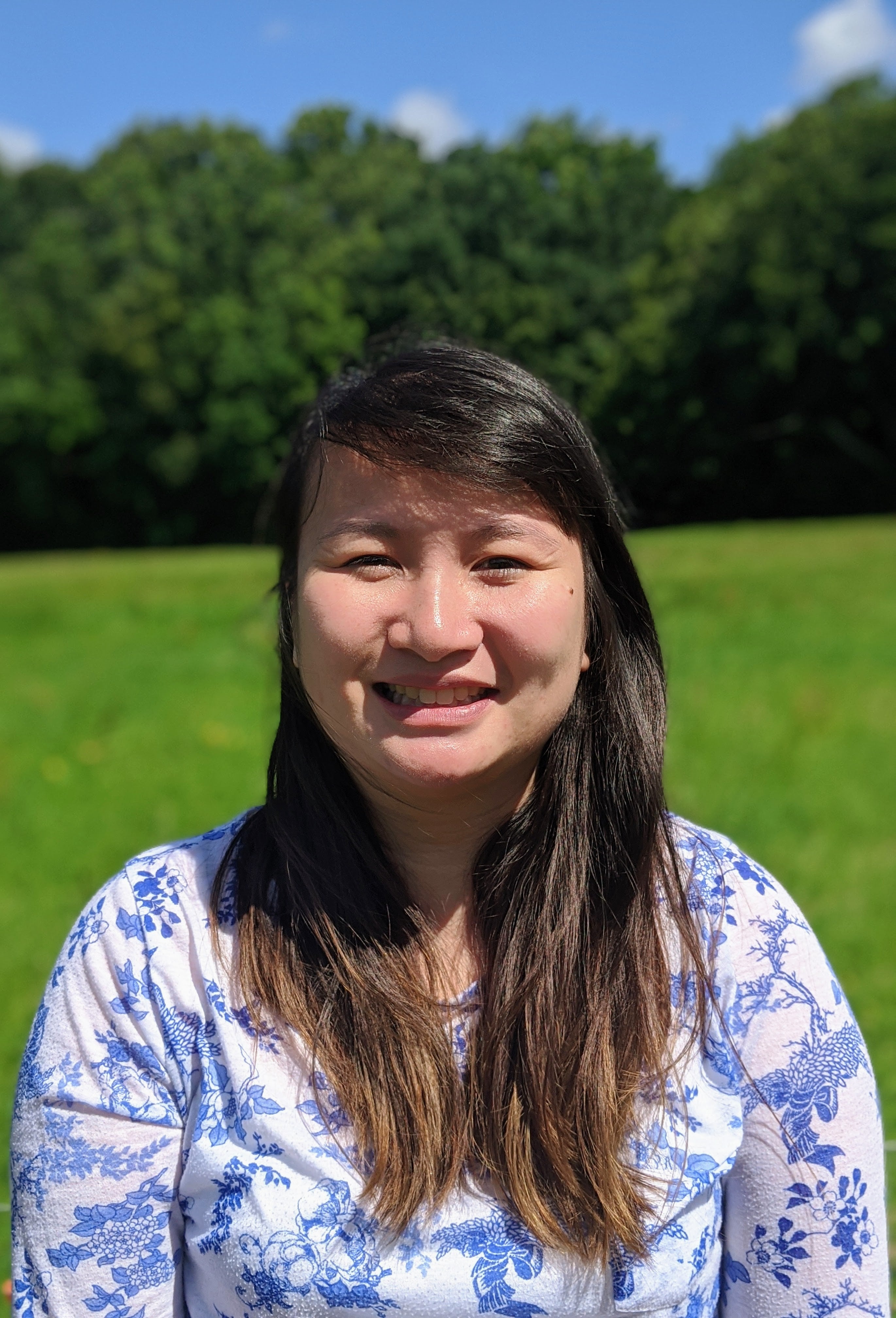“After my bachelor's degree in Earth and Economics, I wanted to learn more about climate processes and chose the Master’s programme in Earth Sciences with a specialisation in Applied Environmental Geosciences. I didn’t want to lose sight of the interaction between nature and humans. Fortunately, I had plenty of opportunities to choose my electives in such a way that I was able to take a broad range of courses.”
“I found the programme quite tough. I'm not very good at mathematics and a few of the courses required some mathematical skills. But that made it challenging and interesting. Because of my electives, I did have a good balance of demanding and less demanding courses. The Scotland excursion was one of the highlights of the Master's programme. Besides the fact that it was educational and I learned a lot from it, it was also a fantastic experience to actually see everything I learned in theory in reality in the field.”
“After graduating, I was in no hurry to start working full time straight away. At the time, I stayed at my part-time job and after almost a year I started working as a GIS analyst at Here Technologies in Eindhoven. I worked there for four years on various projects related to mapping and location data processing.”
“For six months, I have been working at the RIVM on the AERIUS tool. Here, I’m mainly involved in the automated and systematic processing, monitoring and analysis of data flows related to the emission and deposition of nitrogen in nature areas in the country. After four years of mainly data processing at Here Technologies, I now also examine the content of the data. The interface between nature and humans comes into play here, which is great. During my studies, I had to make and analyse a lot of maps and this knowledge is now very useful.”
Nam-Phuong Nguyen, Scientist on the AERIUS tool
Nam-Phuong Nguyen first earned her Bachelor's degree in Earth and Economics and then in 2014 she earned her Master's degree in Earth Sciences, both at VU Amsterdam. She now works as a scientist on the AERIUS tool regarding nitrogen deposition at the National Institute for Public Health and the Environment (RIVM).

"Through my electives, I was able to have a good balance of demanding and less demanding courses.”